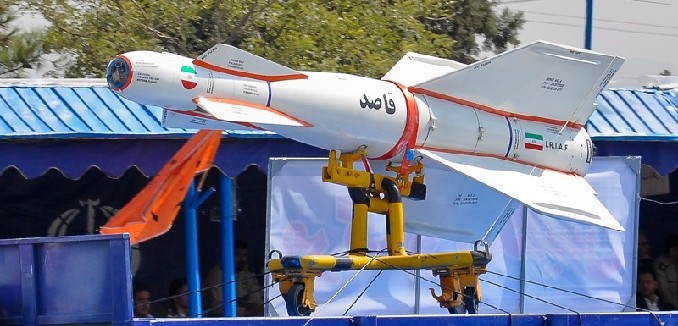The Gulf Cooperation Council has announced a “total rejection” of what GCC head Abdellatif Zayani is describing as another Iranian attempt at “interference in the internal affairs of Arab states.” The criticism comes in response to a proposal made by Iran’s Deputy Minister for Asian Affairs Abbas Araghchi, conveyed through Iranian media, proposing that the Syrian crisis and the domestic situation in Bahrain be placed on the agenda of upcoming talks in Kazakhstan regarding Iran’s nuclear program.
The meeting in Kazakhstan – the first round of talks between the P5+1 and Iran in eight months – is to focus on widely suspected clandestine components of Iran’s atomic program.
The GCC statement declared the Iranian proposal to discuss the political situation in the two Arab countries as part of the nuclear talks “a provocation.”
The flare-up comes at a time of deepening tension between Iran and its Arab neighbors. A GCC statement in December also slammed the Islamic regime for interfering in the internal affairs of Gulf states and for pressing territorial claims against land that those states consider their own.
It also comes at a time when top diplomats from Israel, the European Union, and the United Nations are being increasingly explicit in their concerns that Tehran is stalling for time and using nuclear talks as a cover for acquiring nuclear weapons. Iran has recently taken multiple steps designed to boost the pace with which it can enrich nuclear material, including the installation of advanced centrifuges and the attempt to acquire magnets that would boost centrifuge efficiency.
Iran’s ability to enrich at an accelerated pace threatens to call into question one of the core assumptions used by analysts advocating extended talks with Tehran. Some Western diplomats have suggested that Iran’s maximum rate of enrichment was not fast enough for the country to rush past the finish line while negotiations were ongoing. Western intelligence agencies would, under such scenarios, have enough time to detect and intervene if Iran decided to enrich its nuclear material to weapons-grade levels.
Analyst concerns have also been heightened by the links between North Korea’s recent nuclear test and the Iranian atomic program. American officials have suggested Pyongyang’s test was in part designed to advance the Iranian program. Tehran and Pyongyang have long cooperated on missile technology, with Iranian engineers even reportedly in attendance at a 2012 North Korean missile launch.
[Photo: M-ATF / Wikimedia]




